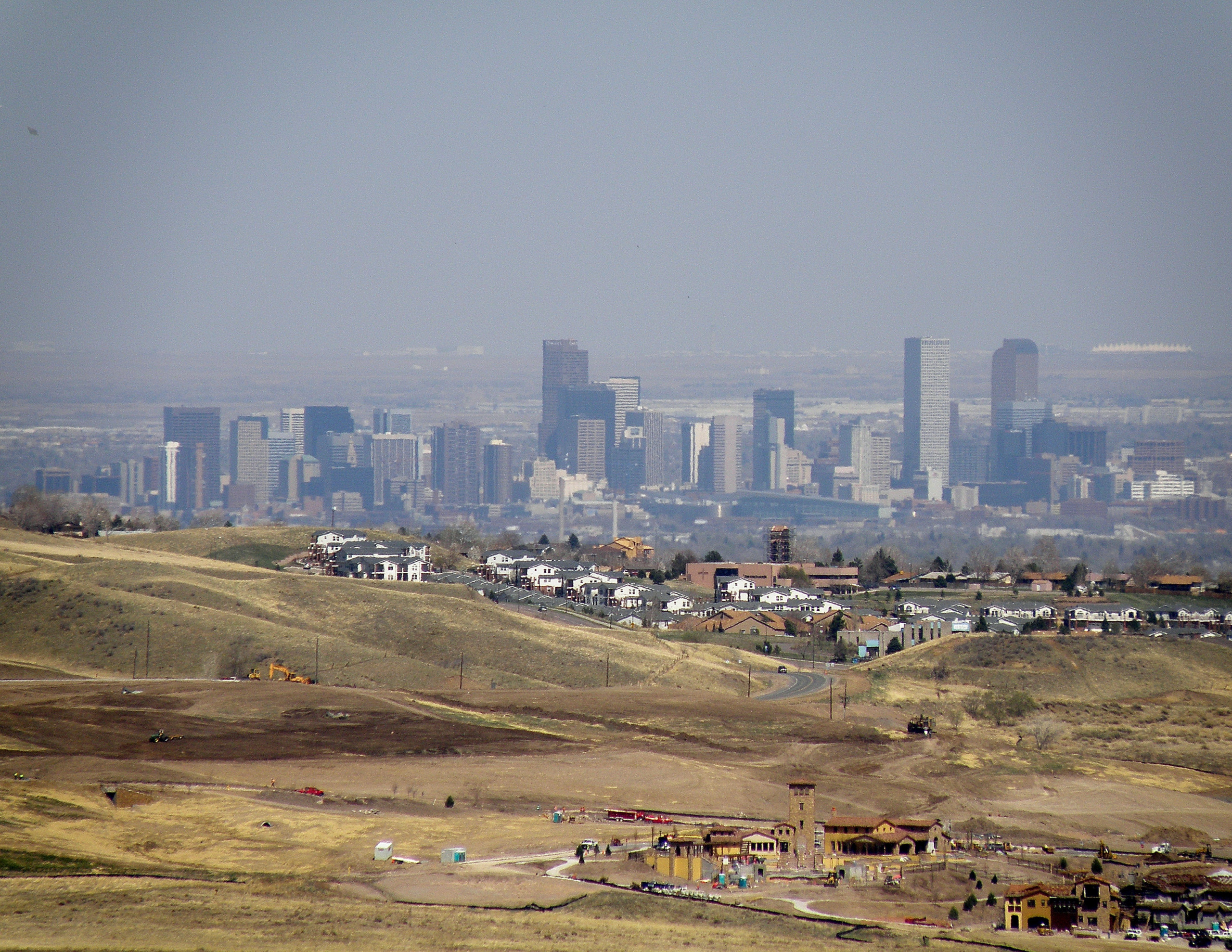
Tell the governor: Continue bold action to clean up our air
Ask the governor to solve our ozone pollution problem and make our air safer to breathe.
HB 1294 will tackle ozone from the oil & gas sector and SB 16 will reduce ozone from lawn & garden equipment
The Protecting Communities from Air Pollution Act, HB23-1294, passed its first committee vote on Thursday. The bill will cut ozone pollution from the oil & gas sector as well as set up an interim committee to consider further action. It is sponsored by Representatives Bacon and Willford and Senators Gonzales and Winter and passed the House Energy & Environment committee 8 to 3. It will head next to the House Appropriations committee.
Having passed the full Senate on April 14, SB23-016 made it through its first hurdle in the House by passing the Energy & Environment committee. Sponsored by Senator Hansen and Representatives McCormick and Sirota, Senate Bill 16 creates a tax credit through retailers to reduce the up-front price for consumers by 30% when they purchase electric-powered lawn mowers, leaf blowers, trimmers and snow blowers. This is important because pound for pound, gas-powered lawn and garden equipment emits even more ozone-forming pollution than the cars and trucks we drive. SB 16 will be heard next by the House Finance committee.
Reducing pollution from these sectors is among the nine actions in CoPIRG’s Ozone Agenda, a package of policy ideas that address ozone across multiple sectors.
In recent years, Colorado’s northern Front Range region has suffered from some of the highest ozone pollution in the country. The latest State of the Air report from the American Lung Association revealed Denver/Aurora is now 6th worst in the nation for high ozone days, up from 7th last year; Fort Collins is 15th worst; and Colorado Springs has now joined the list of the 25 worst cities for ozone in the entire country.
Breathing ozone can cause harmful health effects including lung damage, worsening of existing respiratory conditions such as asthma and cardiovascular disease. High ozone levels also cause damage to ecosystems and agriculture alike.
Ask the governor to solve our ozone pollution problem and make our air safer to breathe.
Send a message